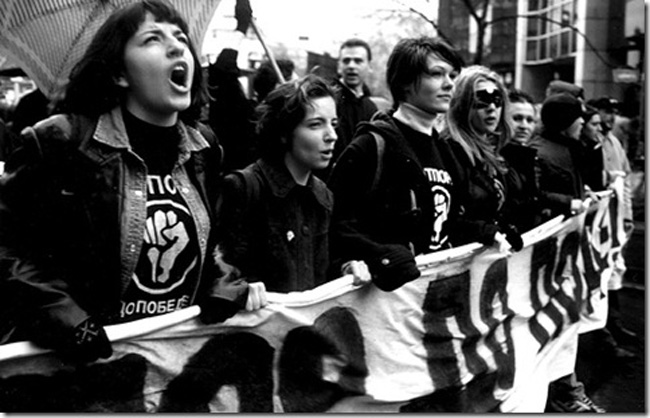Practical & Strategic Lessons From The Venezuelan Revolution
In short, promoting a system change – devolving power to the people – is both necessary and fraught with danger. Short-term political calculations and modern media spin all endanger the project but potential achievement of the long-term goal of popular sovereignty will permanently shift the balance away from the State and capitalism. . . we have argued that the left needs to rally behind the revolutionary process using a framing that educates people here about the social forces at play in Venezuela. The left may also help in de-polarizing the political conversation so that the many middle layers who have now thrown their lot in with the opposition may seek policies that correspond to the underlying interests. However, the current cycle of violence needs to be ended first but that requires recognition that the current attempt to oust President Maduro preempts the constitutional route to recall the president. Only the right has the capacity to stop the violence because it is in service of their privileges.















